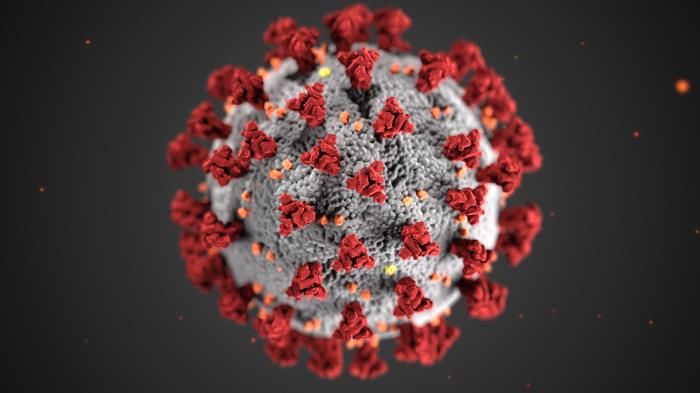University leadership plans to make a decision by April 3 whether it will extend the online-only class format beyond April 9.
Last week, the university decided to extend spring break through March 20 and move to online-only classes from March 23 to April 9 because of the spreading COVID-19, the novel coronavirus.
Dr. Phil Schubert, president of the university, said an emergency response team already had been created, composed of administrators and senior leaders of the university. He said the team meets daily to assess the latest information, recommendations and pay attention to what other organizations and higher education institutions are doing across the country that might reflect a posture ACU believes to be appropriate and beneficial in the context of the situation.
“In a situation like this you’re kind of drinking from the firehose, so to speak, because the information is significant and changes rapidly,” Schubert said. “We were always in a situation to ask on that particular day with the information that we had, ‘What do we believe is best for our community?’”
Schubert said the first decision was made through monitoring the Centers for Disease Control and Prevention, federal and state authorities’ recommendations, assessing the data and evaluating the risks.
“As spring break began to progress, it was about the middle of that week we began to see, I think it happened initially in the athletic venue, where institutions and organizations, the NCAA and conferences across the country, began to deem it was too dangerous and risky for athletic teams to meet and compete,” Schubert said. “They began to take steps to pull student athletes out of those venues because of a risk, which then led into the broader conversation about, ‘Well, how much risk is there in just being in a broader community physically present with other people, like classrooms?’”
Subgroups of the emergency response team meet multiple times a day to assess specific aspects of the situation and what that means for different areas.
“I think if we see the risk maintain its current level or certainly increase, we’ll probably continue with the online-only environment because clearly, we thought there was enough risk in the current situation to make that decision,” Schubert said. “If the risk however begins to decline, and does so rapidly enough, then we would certainly consider and desire to bring students back to campus, but it would have to be in an environment that does not contain the same amount of risk that it does today.”
Schubert said he wants to encourage students during this time to interact online with faculty and to be engaged with academic advisers when questions and concerns arise.
“There are a lot of questions over the next few weeks that we haven’t fully answered, that we are attempting to answer, but there are going to be things that we miss,” Schubert said. “I think all of us would be benefitted as a community by, number one, giving some grace, but, number two, encouraging one another to be in conversation.
There are a lot of safe ways for us to have good conversation and engage one another that will keep the sensible, positive community that ACU is known for,” he said. “Unusual as it may be, I’m convinced that it can be a very positive experience for us all.”


